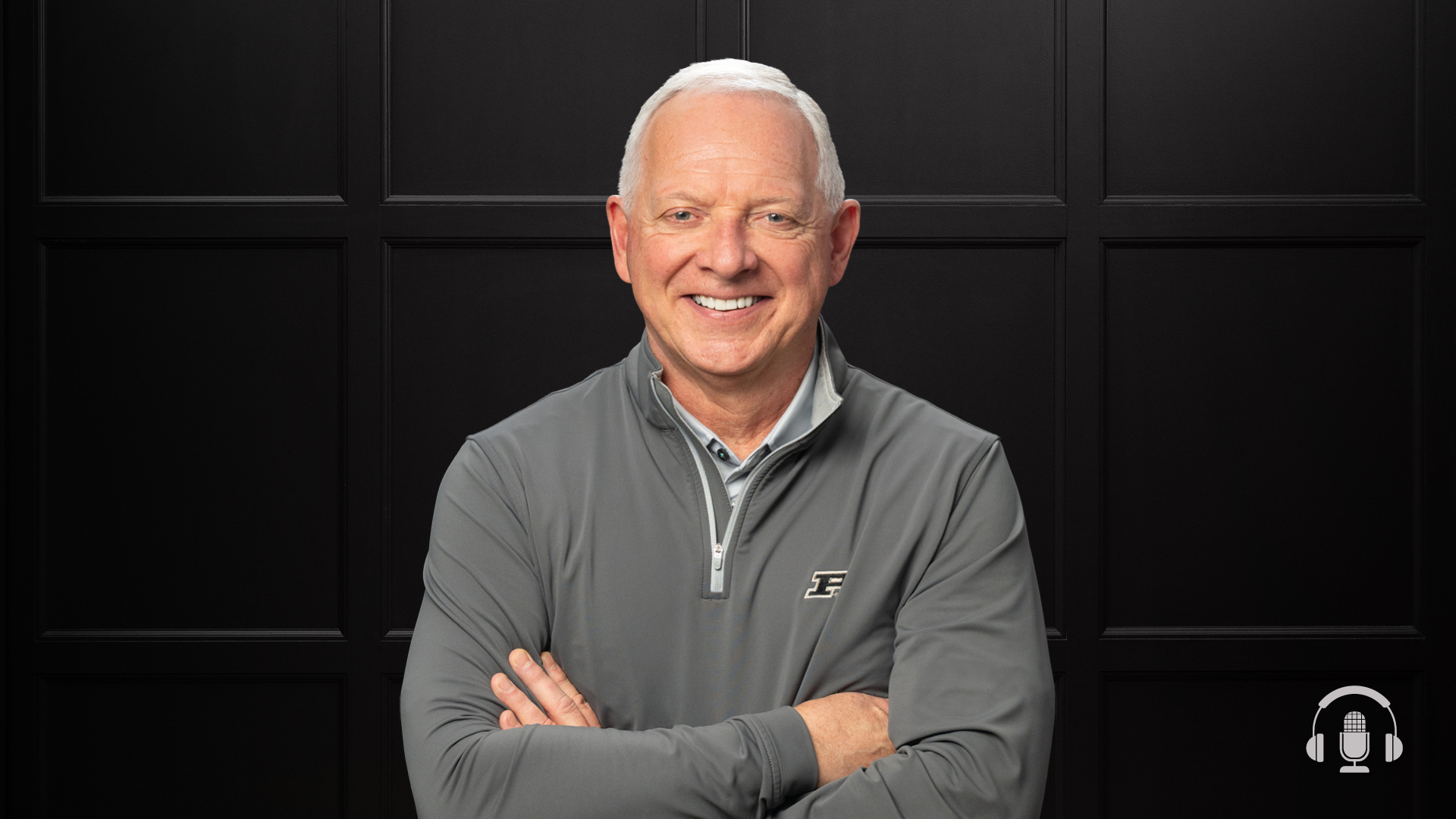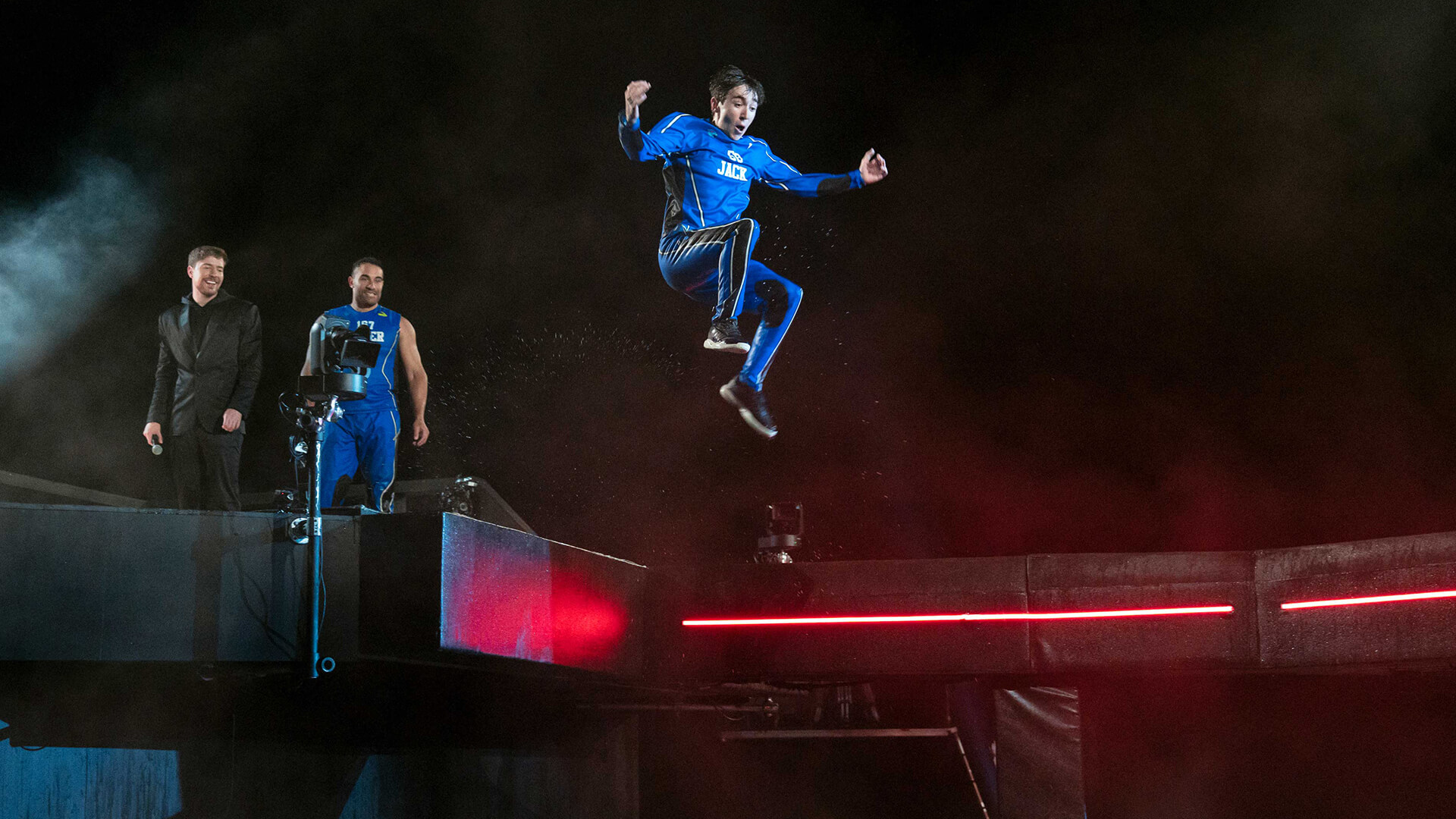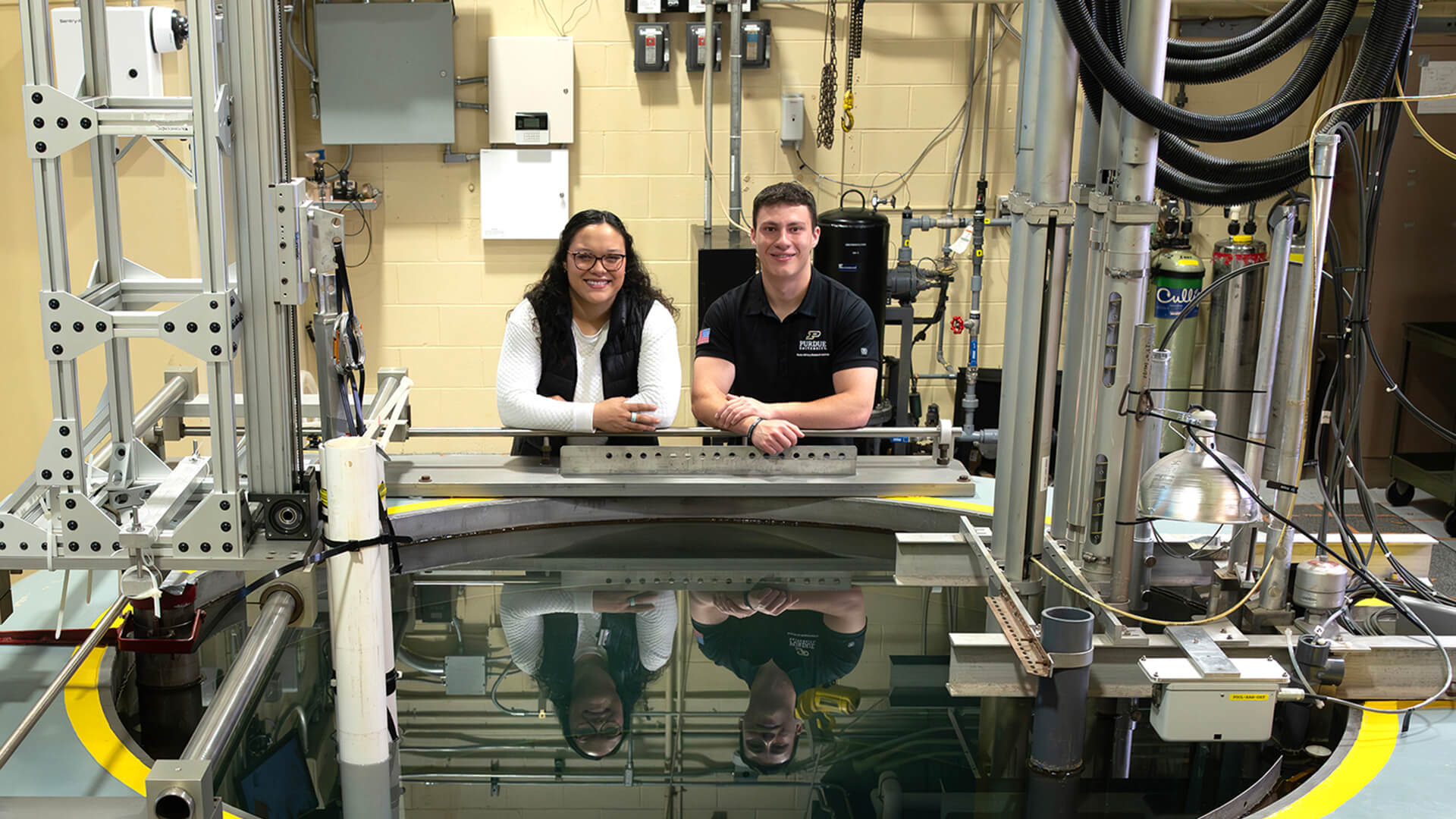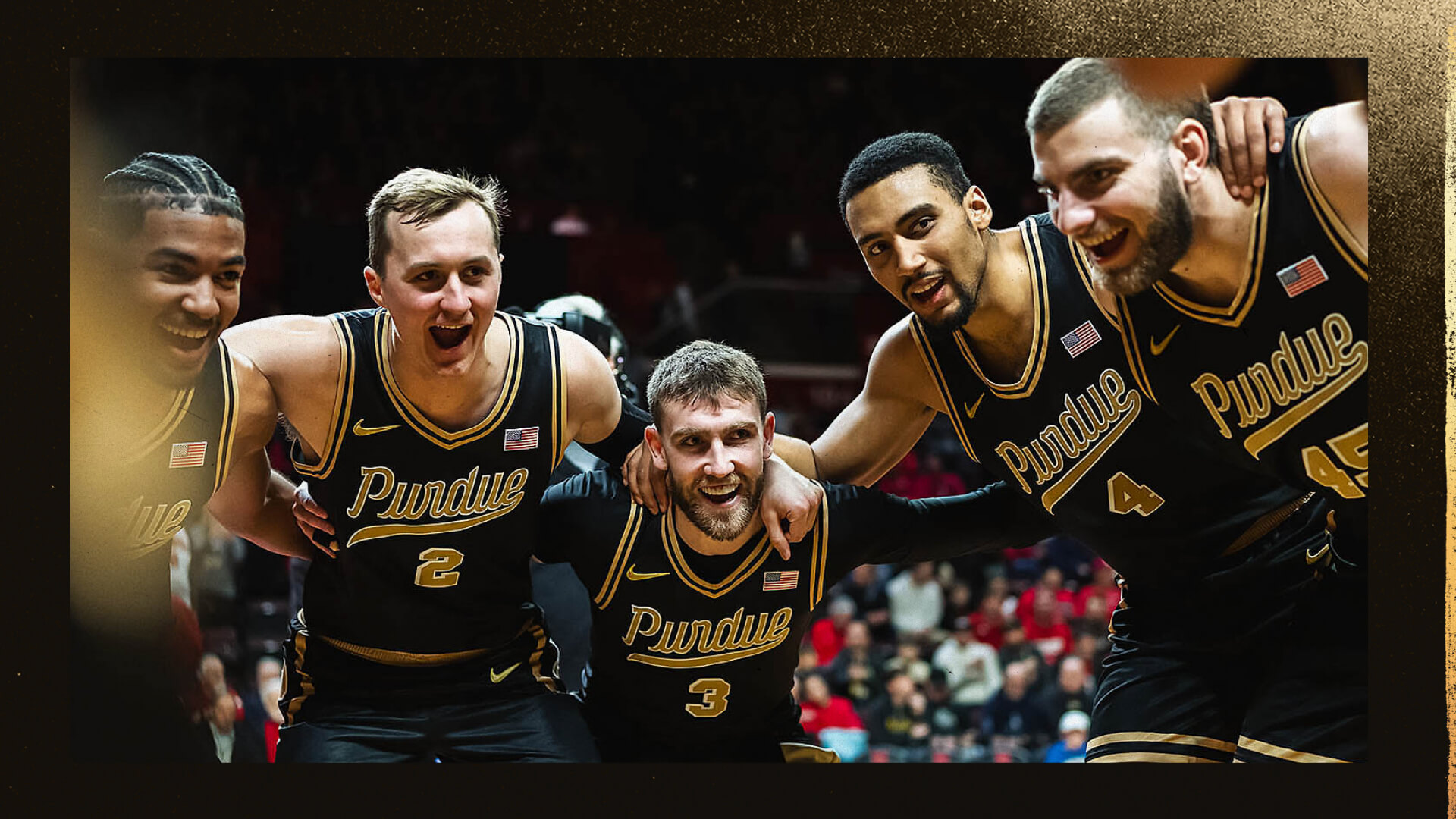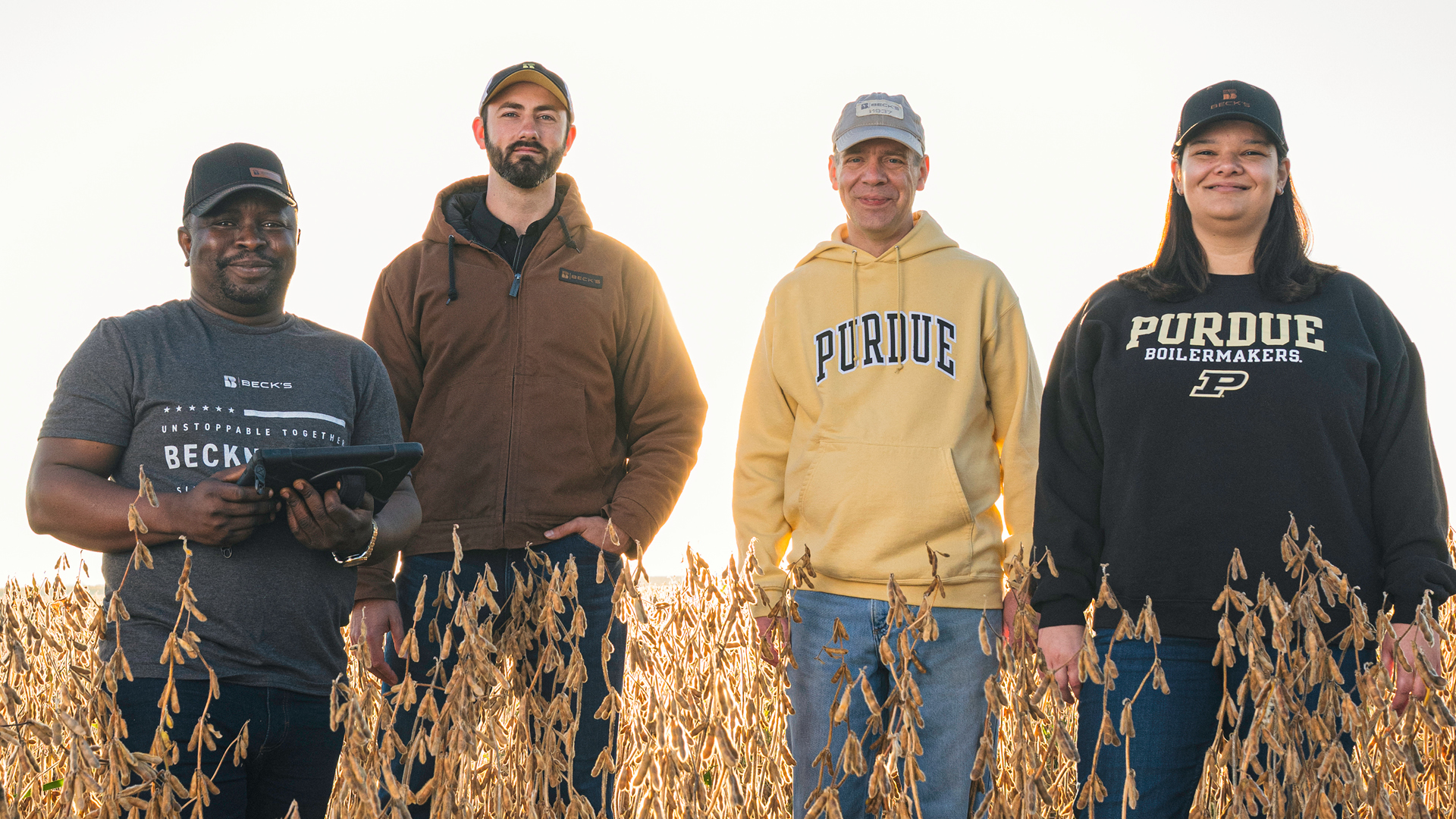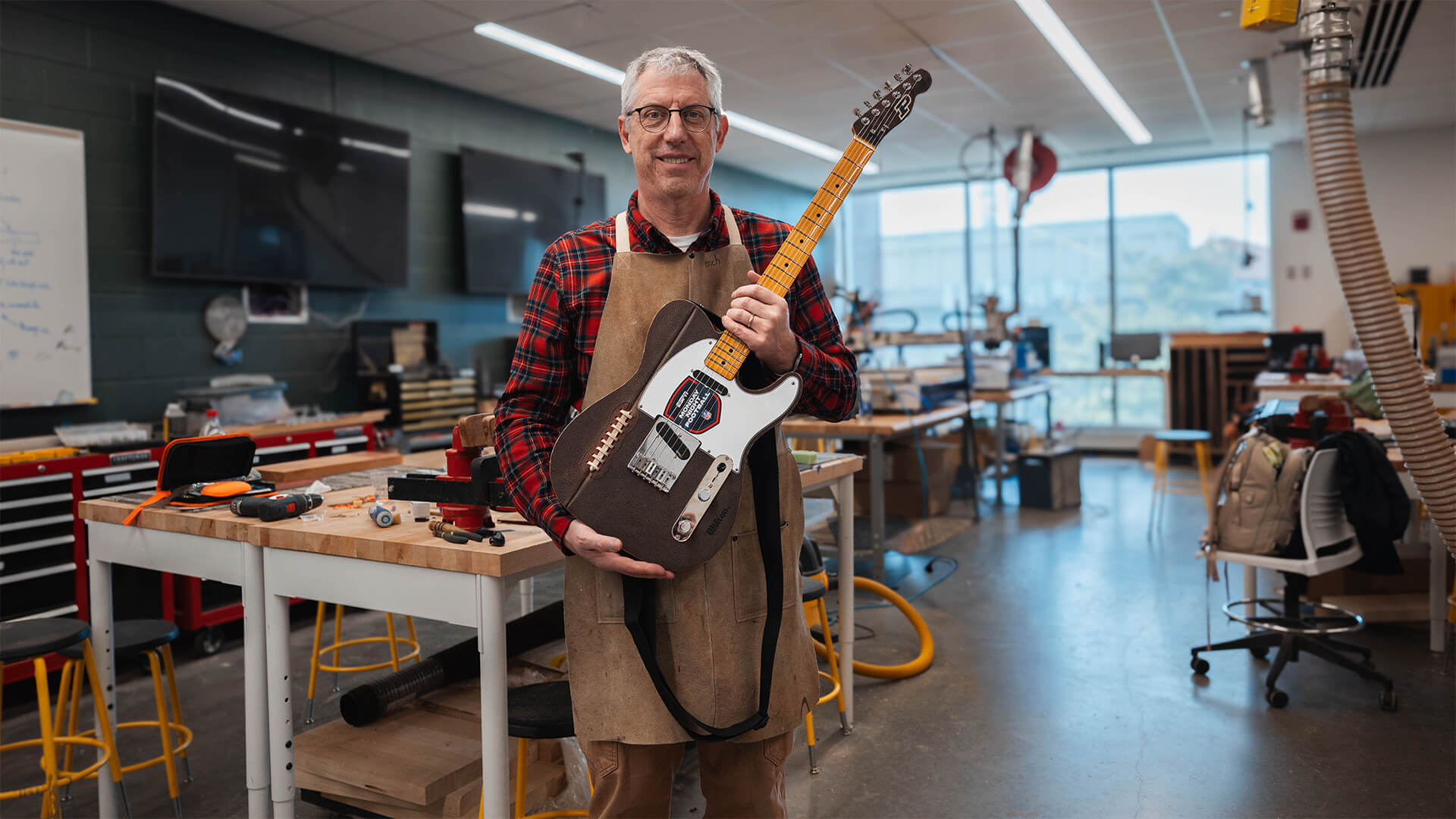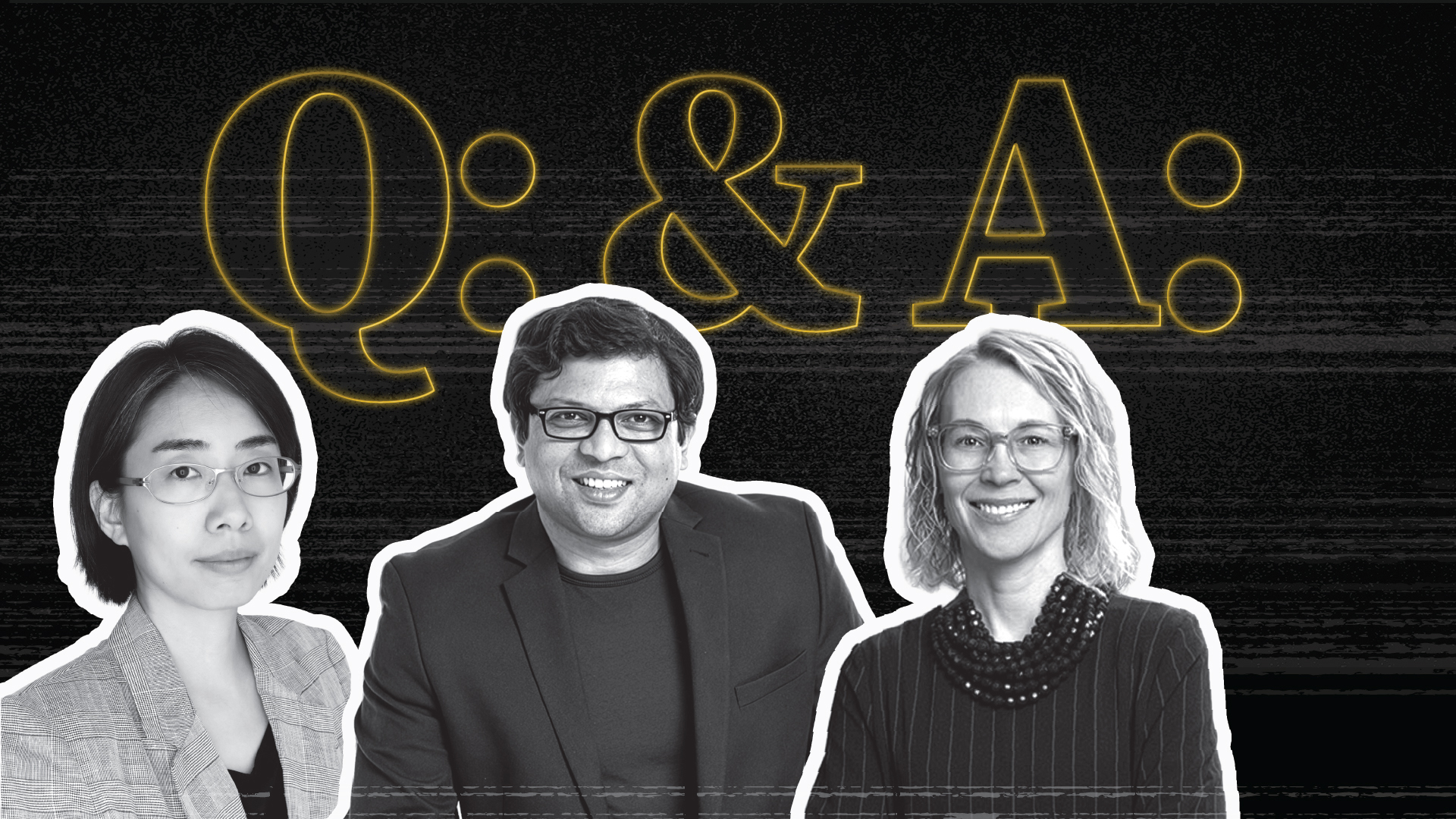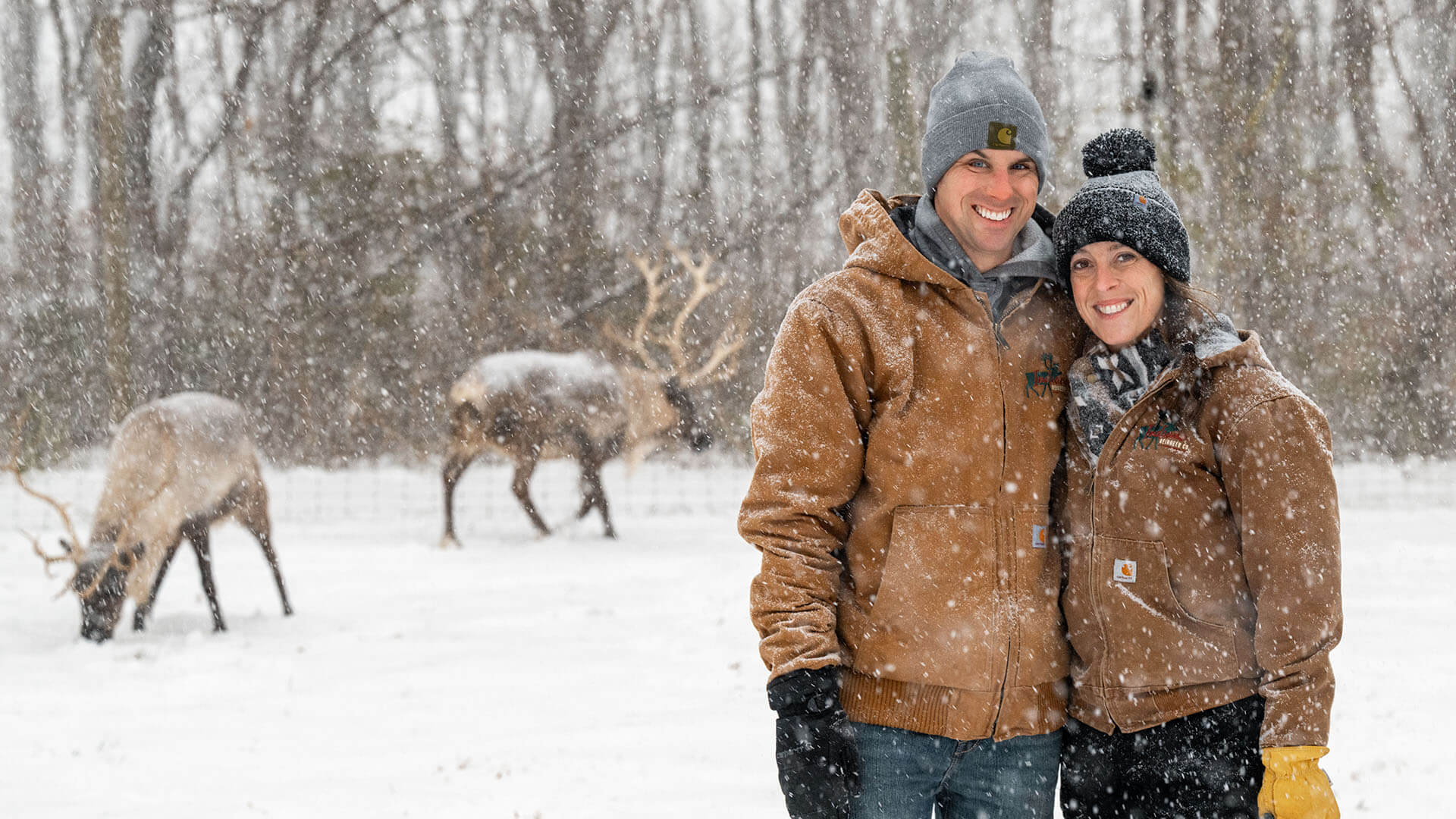Finding the right major
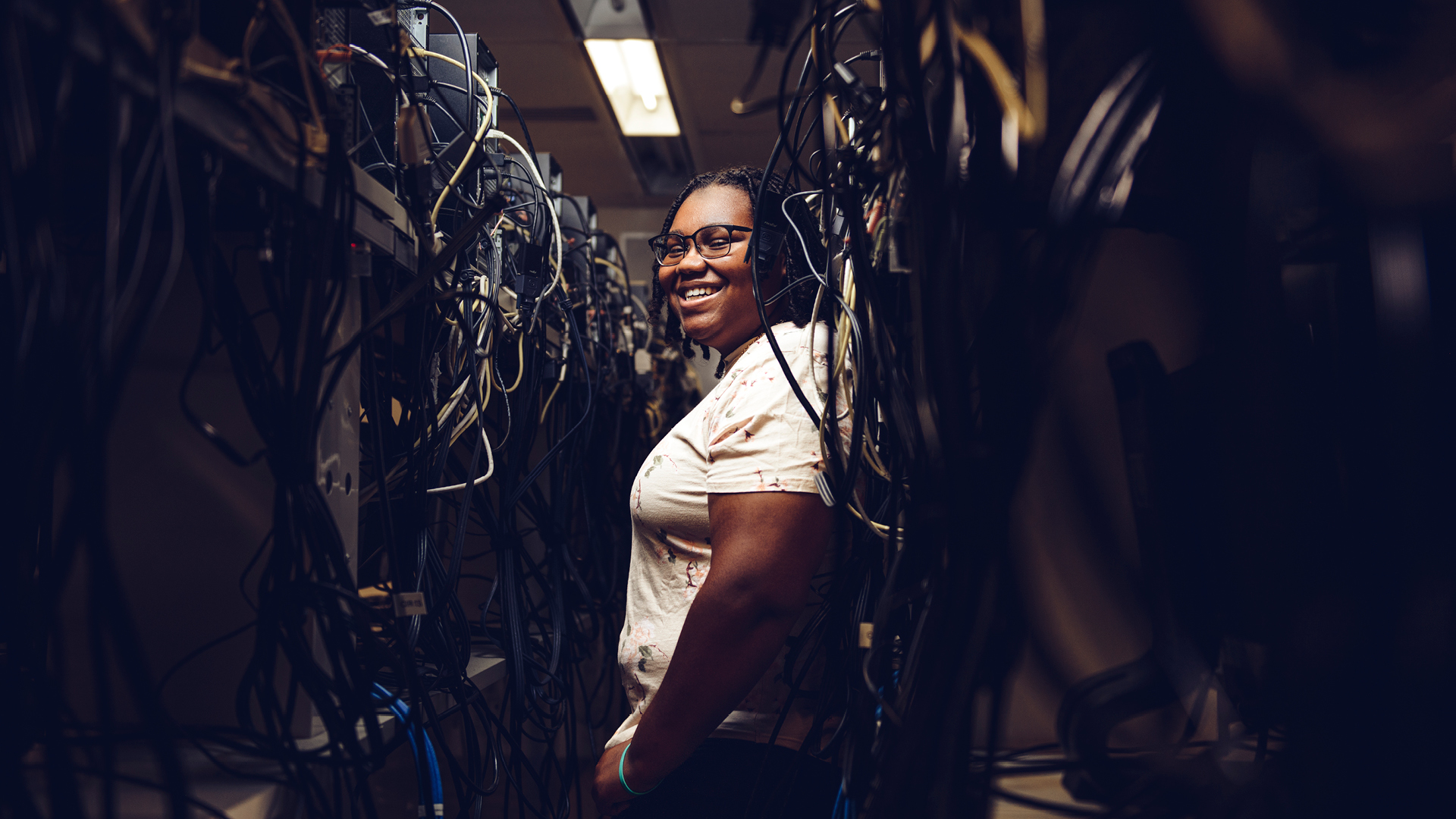
Boilermakers weigh in on how they put their interests on a career path.
“Where are you going to college?” “What do you want to be when you grow up?” “What do you think you’ll major in?” If you’re hearing these questions on a loop, you’re not alone.
Everyone lands on their career paths in different ways. Two Boilermakers, Faith Spencer and Audrèe Nealy, have very different stories to tell, but Purdue is at the heart of both.
Faith’s story
As a high school student, Faith Spencer always thought she knew what she wanted to do after high school.
As someone who did well in math and science classes and had multiple Boilermakers in the family, she set her sights on a career in engineering. So it was a natural decision to take part in several summer engineering programs for high schoolers.
“I realized quickly that a theory-based engineering major wasn’t a good fit,” Faith says. “Attending those different summer camps was very much an eye-opener to me.”
And even though technology still appealed to her, she wanted to have a more direct hand in helping people as well. Those two passions felt oddly disconnected, so she knew it was an important breakthrough when one of her teachers suggested cybersecurity.
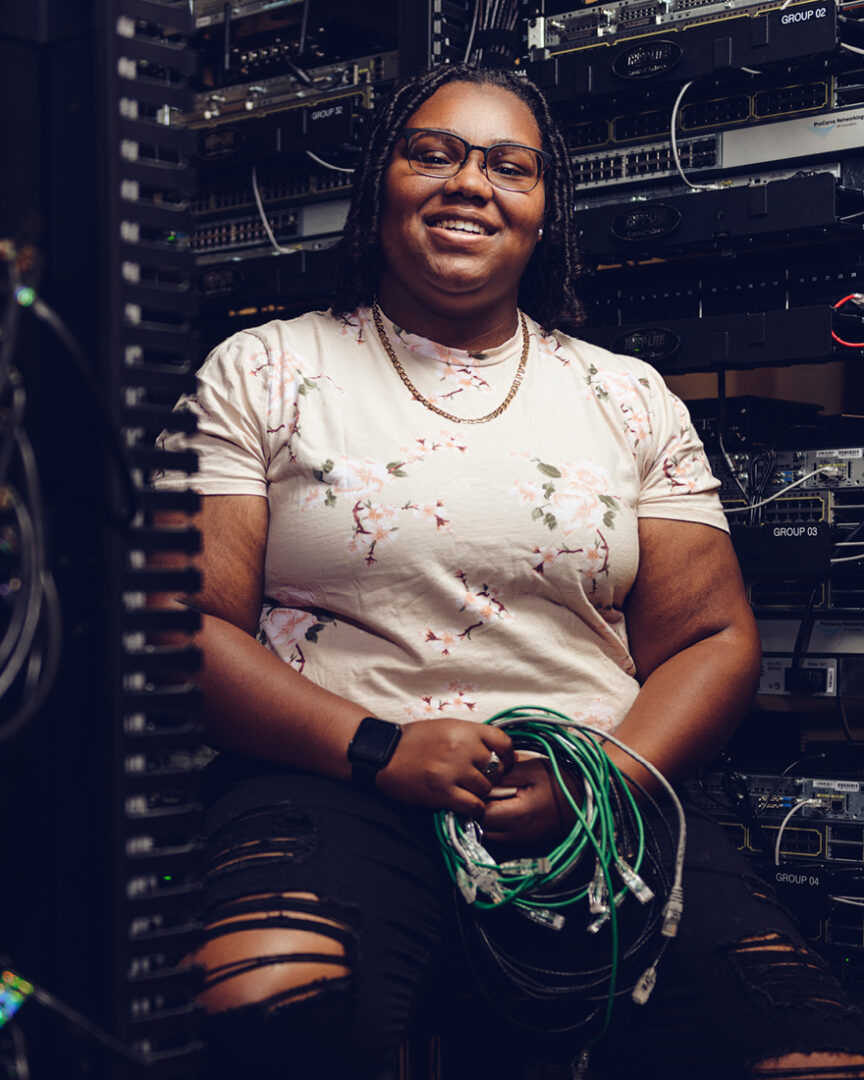
“I love technology, and I love giving back to people,” she says. “I can take what I love and my passion for people and put it together with a cybersecurity major, because I’m not only working with tech, but I’m also using it to protect others.”
And a visit to campus sealed the deal.
“That was the first time I toured campus, and I completely fell in love. It was an amazing space; the culture was great. At that point, I thought, that’s where I want to go,” she says.
So Faith applied and was accepted into the Purdue Polytechnic Institute as a cybersecurity major. But that wasn’t where the evolution of her major stopped. She proceeded to add a second major — network engineering technology.
“I love my cybersecurity major, but I wanted to have a physical component to my education as well,” she says. “I realized that adding network engineering technology would benefit me in two different ways. I’d get the physical aspect I’m looking for, but it would also strengthen my background in cyber because not only will I understand the security of it all, but I can also understand the architecture of what’s being built.”
Over the next few years, Faith continued adding on — first with a minor, then with a certificate.
For someone who thought she knew exactly what she wanted early in the game, a longer process of calibration throughout her college career came as a bit of a surprise. But it was a welcome one, and, she says, she wasn’t too far off the mark.
“I always knew it would be something related to STEM,” she says. “I just knew that change is uncomfortable, and in order for me to change, I have to be uncomfortable for a little bit. And it’s worth it.”
I always knew it would be something related to STEM. I just knew that change is uncomfortable, and in order for me to change, I have to be uncomfortable for a little bit. And it’s worth it.
Faith Spencer
Senior, Cybersecurity and Network Engineering Technology
Audrèe’s story
Audrèe Nealy, however, had a plan from the start. In fact, she traces her fascination with marine life all the way back to visiting the zoo as a small child.
“My mom would always take me along on my big brother’s and sister’s preschool field trips, and I was always infatuated with the marine life. I really fell in love with turtles,” she says. “By the time I was 5, that was my plan — I was going to be a marine biologist, and nothing was going to stop me.”
As she got older, her determination to become a marine biologist developed into a plan. To start, she would major in biology for her undergrad studies and then continue on to graduate school to drill down into the more specific field of marine life. So she took the first step. She applied to Purdue and was accepted into the biology program. But then she got an email that changed her course.
“They emailed me after I got in and told me they were starting an aquatic sciences program, because they knew that was more what I wanted to focus on,” she says. “So I changed to aquatic sciences with a concentration in marine and freshwater biology.”
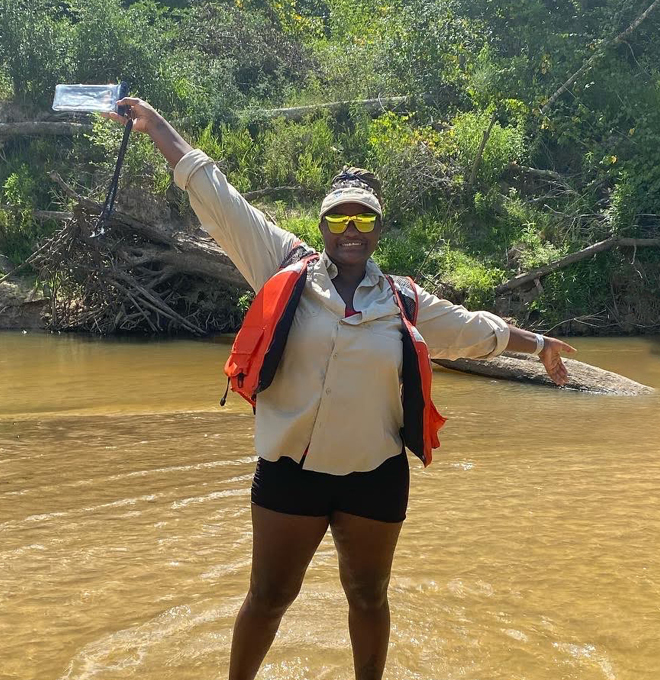
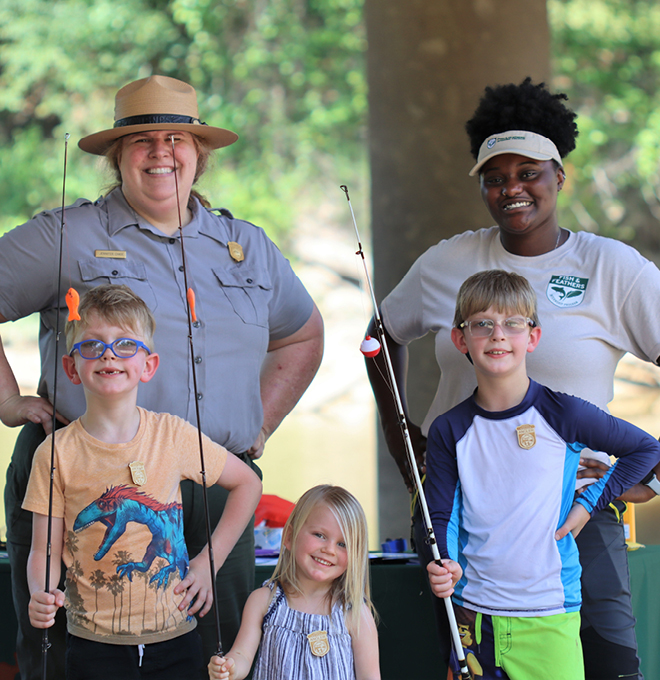
Audrèe says it’s all the hands-on learning that has developed her passion for aquatic animals and helped her keep her eye on the prize in moments of struggle. Two required practicums, in particular, made a big difference for her.
“One is held in the fall, doing research and sampling down in the Florida Keys — on Cedar Key, to be exact. It’s just very fun, and it shows you exactly what you’re going to be doing. It’s not just theoretical,” she says. “One of them was five weeks in northern Michigan that I did last year. It taught me more about my major but also connected me with students in my major and created lifelong friends. It just gave me a new outlook on what I could be doing.”
And because she landed in a major so well suited to her goals, she says she doesn’t even need to go to grad school. But she’s going to.
“Having the major that I do gives me a better stepping stone. It showed me research, showed me human resources if I want to go that route. It just showed me every option as an undergrad and what I can do with this major. This path gives me more job opportunities,” she says.
Having the major that I do gives me a better stepping stone. It just showed me every option as an undergrad and what I can do with this major. This path gives me more job opportunities.
Audrèe Nealy
Senior, Aquatic Sciences/Marine and Freshwater Biology
Purdue at the heart of it
Regardless of whether your goals are shifting or what the journey toward them is, Faith and Audrèe agree that it’s a huge advantage that Purdue has so many options.
Faith says her advisers were ready for the challenge of fine-tuning the degrees she’s working toward. “If it wasn’t for them, I probably wouldn’t be able to have all the components to my major that I do,” she says. “I’ve always been a very strategic person, an organized, purposeful person all my life. I’m glad I was able to add other degrees to my original degree path because those roles I learned about were also important to me.”
Ultimately, for both of them, each of their specialized degrees opens up the world.
“It would have been fine if I went to school for biology and then did a master’s program,” Audrèe says. “But my major is more hands-on and closer to what I actually want to do. Purdue has provided me with a lot of opportunities that I don’t think I would’ve had somewhere else.”
Take your first step today and explore Purdue’s 200+ majors.
